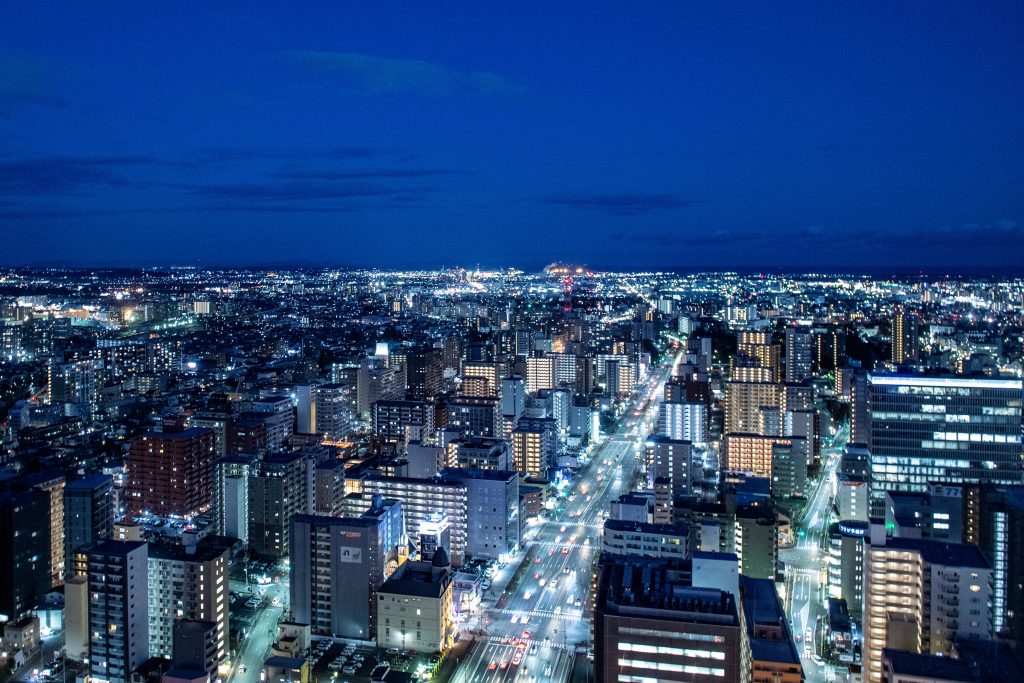
- ARAB NEWS
- 17 Aug 2025

TOKYO: A month after Japan confirmed its first case of the omicron variant of the novel coronavirus, the country is facing a critical moment to prevent the variant, thought to be highly transmissible, from spreading widely, an expert has said.
Japan is “on the brink of suffering a wave of omicron cases,” the expert said.
The first omicron case in the country was found in a quarantine check at an airport on Nov. 30.
On Dec. 22, the western prefecture of Osaka reported Japan’s first community-acquired omicron infection. Since then, community transmission cases have been confirmed in other parts of the country.
According to the health ministry, 332 cases of the omicron variant had been confirmed in the country as of Tuesday.
A health ministry expert panel has said that Japan is in a situation that requires people to brace for a rapid spread of the variant.
The effective reproduction number, or the average number of people infected by a single carrier, for the omicron variant is estimated to be around 2.8 to 4.2 times that of the delta coronavirus variant, according to Hiroshi Nishiura, professor of theoretical epidemiology at Kyoto University.
Some experts say that the spread of the omicron variant appears to be doubling every two days or so.
Omicron cases have been confirmed in over 100 countries across the world.
In the United States, omicron cases made up 12.6% of all coronavirus infection cases in the week through Dec. 11. The figure is estimated to have jumped to 58.6% for the week that ended on Saturday.
Nishiura suggested that omicron cases may account for over 90% of all new infection cases in Osaka on Jan. 11. On Tuesday, Osaka confirmed the first cluster of omicron infections in the country.
A group of researchers led by Akimasa Hirata, professor of medical engineering at Nagoya Institute of Technology, calculated the pace of the spread of omicron infections using artificial intelligence technology.
The calculation, based on the assumption that a community-acquired case occurred on Saturday in Tokyo, showed that the number of new omicron cases in the Japanese capital is expected to exceed 3,000 in mid-February.
Meanwhile, a study at Imperial College London has shown that the risk of needing to visit hospital for patients with the omicron variant is 20 to 25% lower than that for people who contracted the delta strain and the risk of omicron patients being hospitalized for one night or more is 40 to 45% lower than that for delta variant patients.
A study in South Africa suggested that the risk of hospitalization is 70% lower for people with the new variant than those with the delta variant.
So far, Japan has not confirmed any severely ill omicron variant patient.
Meanwhile, even people who had received two doses of coronavirus vaccines have been found to be infected with the omicron variant.
Norio Sugaya, a doctor at Keiyu Hospital in Yokohama, Kanagawa Prefecture, south of Tokyo, stressed the need for the Japanese government to work swiftly to administer booster shots.
“Even though (omicron variant patients) tend to have mild or no symptoms, we are likely to start getting a certain number of people developing severe symptoms, given that it has been a while since many elderly people received their second vaccine shots and that the number of infections is expected to increase,” Sugaya said.
Sugaya called on people to “make sure to wear face masks, wash hands and avoid the 3Cs of closed, crowded and close-contact settings.”
“Please confirm coronavirus-negative results by free polymerase chain reaction tests offered by municipalities before taking trips for the year-end and New Year holidays,” he added.
“Now is a very important time to prevent the further spread of the omicron variant,” the doctor said.
JIJI Press